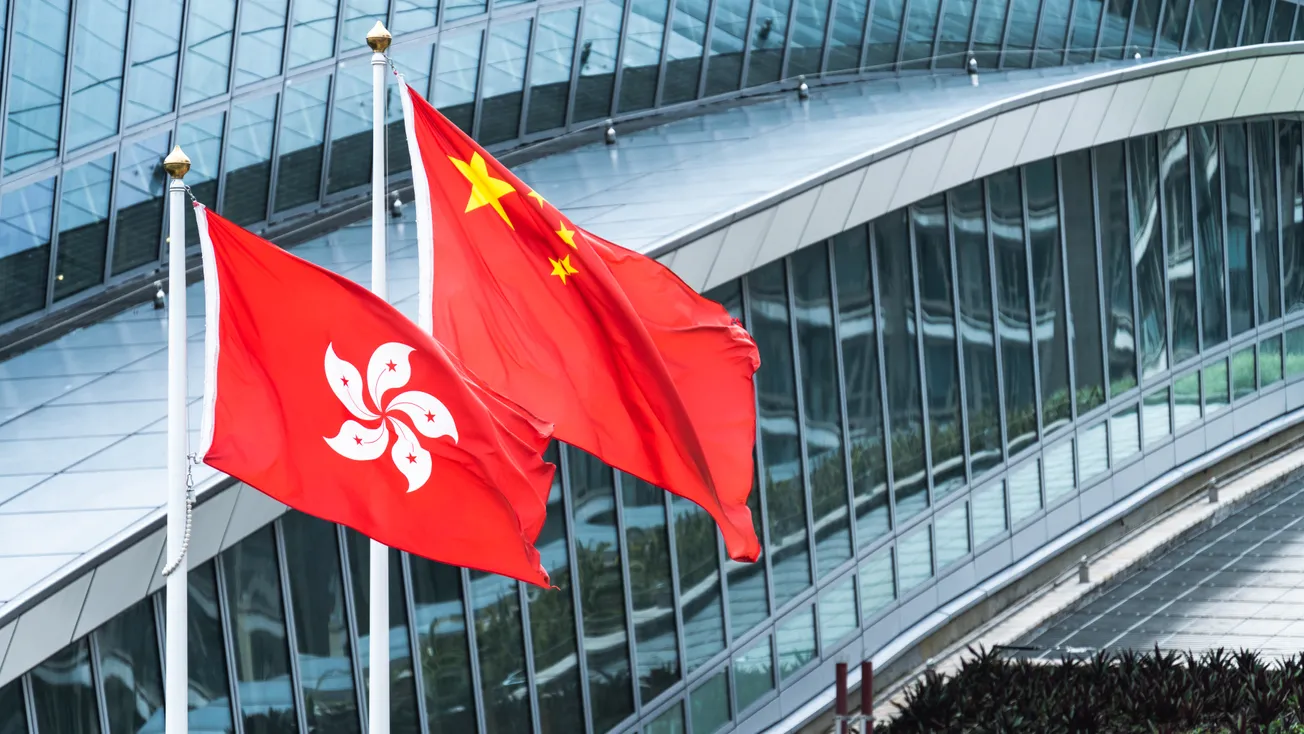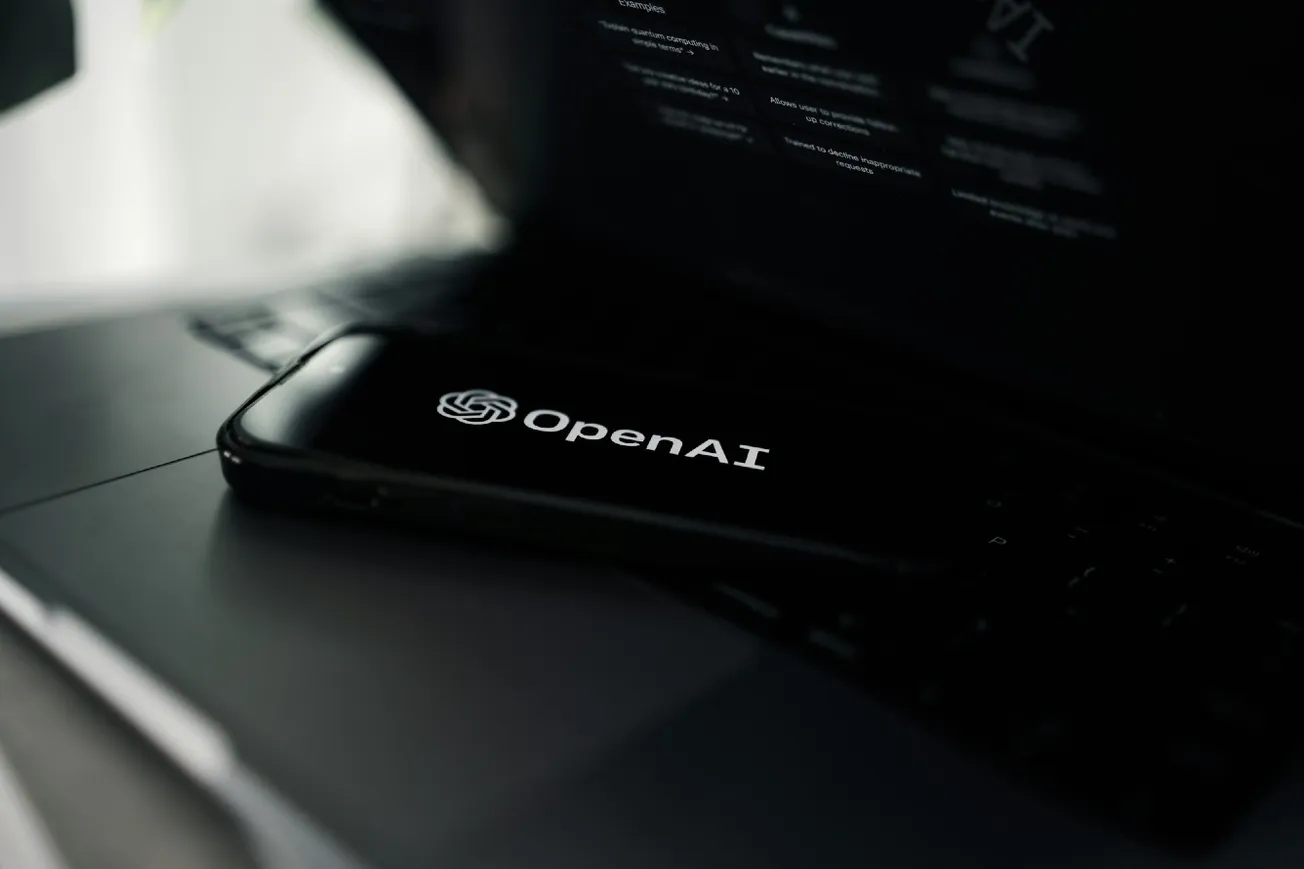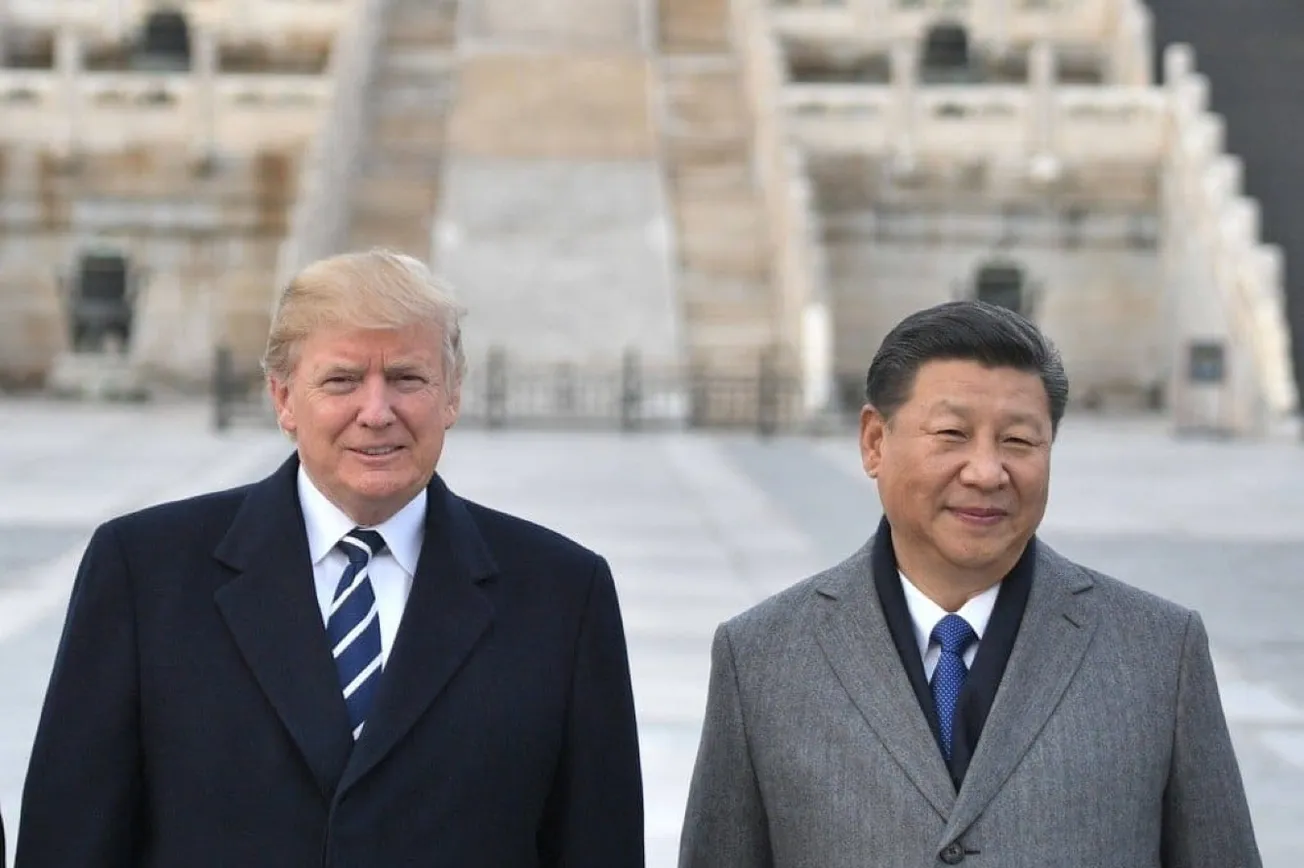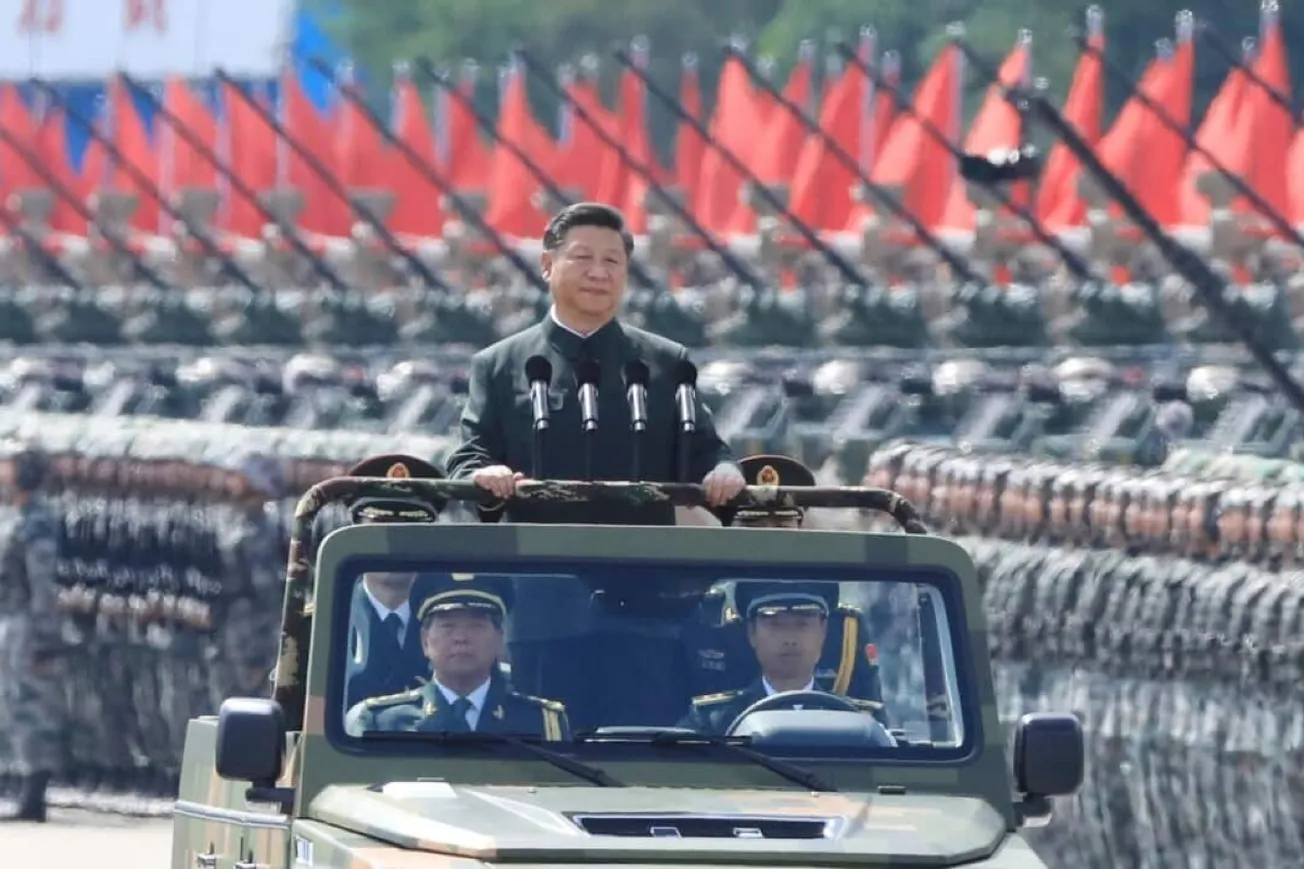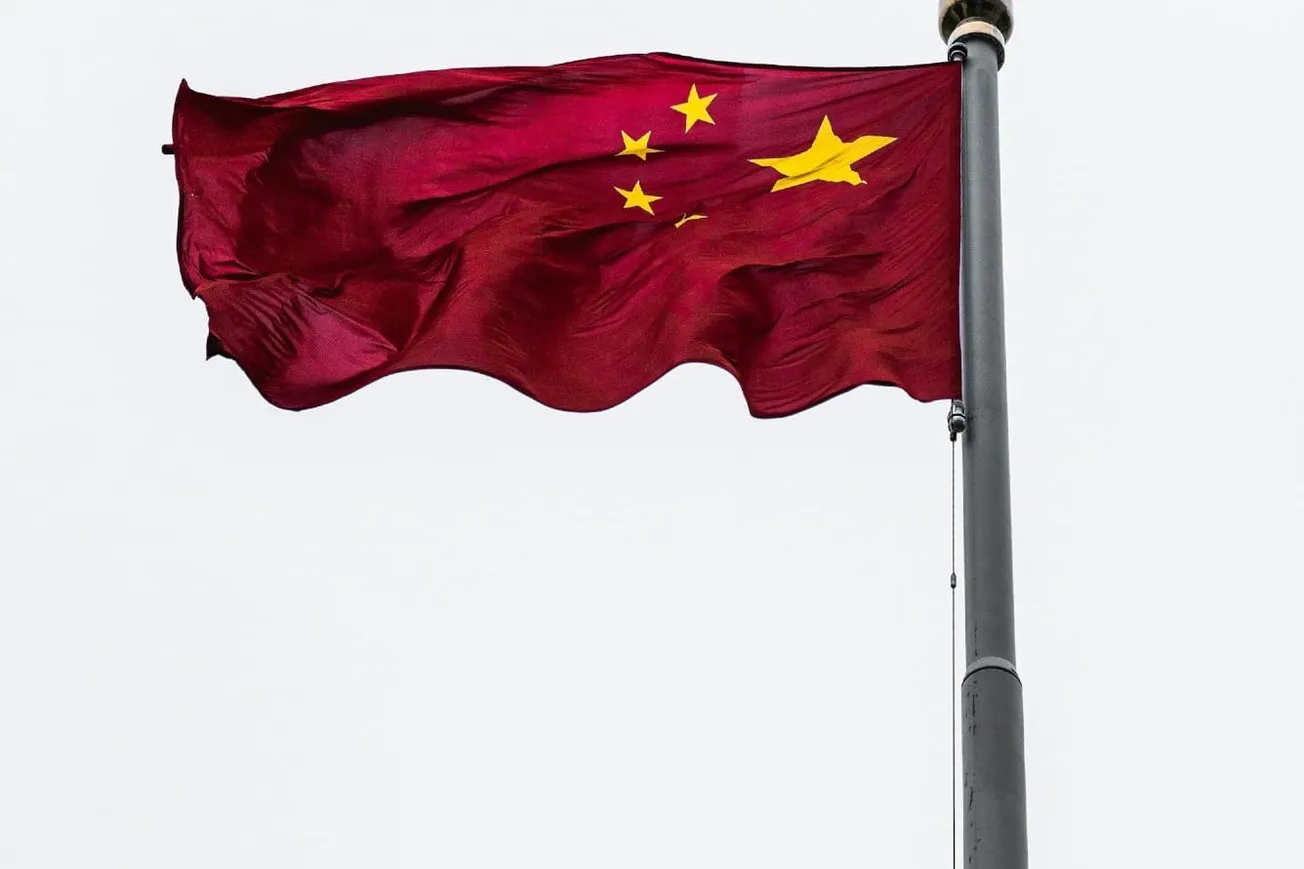"In the last six years, China spent more than $292 million to influence U.S. policy and opinion," the shocking statement is made in 'The Counter-lobby Confidential' report published on July 5 by the Hong Kong Democracy Council (HKDC).
It is widely known that China has penetrated various influential sections of American society, from academia, business, media, think tanks, policy-making, and politics. What was probably lesser known is how China is using the Hong Kong Special Administrative Region (HKSAR) government to further its agenda in the U.S.
Under The Radar
While China's activities automatically garner great interest and some scrutiny, Hong Kong mostly manages to fly under the radar. And Beijing has been exploiting this lesser vigil. Though the Special Administrative Region has its own government, legal system, and currency, it has increasingly come under Beijing's influence and control, especially in the past few years.
Bound by the 'One country, Two systems' principle, the Special Administrative Region has seen the Chinese government curtail human rights and crush pro-democracy movements. Hence, it is crucial to remember that HKSAR is often doing the bidding of the Chinese Communist Party and does not always reflect the will or desires of Hong Kong citizens.
The expose` report details how organizations affiliated with the Hong Kong government function within the U.S. to further the Chinese agenda. The HKDC has created a database to comprehensively analyze lobbying endeavors supported by the Hong Kong government. The repository is drawn from publicly accessible filings governed by the Foreign Agents Registration Act (FARA). The database lists over 1,000 engagements between U.S. government officials and Hong Kong government-funded lobbyists.
The report focuses on organizations like the Hong Kong Economic and Trade Offices (HKETOs) and the Hong Kong Trade Development Council (HKTDC). These organizations are legally registered in the U.S. as both an 'agent of a foreign government' and 'foreign principal directing lobbying efforts.' Under the guise of furthering commerce, trade, and bilateral relations, their representatives meet with influential lobbyists and high-ranking politicians.
Dark Connections
Besides naming organizations like the HKETOs, three of which function in the U.S., the report "covers the extensive activities of U.S. lobbyists—many of them former Congressional members—who are now key parts of this network. Heavyweights and the well-connected in Washington, including two former committee chairs in the House of Representatives, play an active role in advancing Chinese interests on American soil."
China's overt and covert interference in American society has increasingly been in the spotlight. Beijing is accused of running secret' police service stations' on foreign soil, mainly to intimidate and spy on the Chinese diaspora. Chinese-made electronic devices are suspected of carrying spyware, collecting user data, and transferring them to agencies related to the Chinese Communist Party. China is accused of doing little to help the Fentanyl drug crisis in America, as many of the precursor chemicals for the synthetic drug continue to flow out of the country into the hands of Mexican drug cartels.
Crushing Democracy
Beijing will likely deny and deflect the report's allegations, as usual. Hong Kong's government will likely continue to toe the line of the CCP.
Ironically, days before the report was published, its author, HKDC executive director Anna Kwok, was among the eight overseas activists for whom the Hong Kong police issued arrest warrants and offered bounties of H.K.$1 million. The charges include "collusion with foreign powers" and "inciting subversion and secession." The witch hunt and persecution of these pro-democracy activists and advocates will continue as the police promised they'd be "pursued for life."
While the government pours millions into swaying policymakers and influencing American society through the media and other means, the activists working in Hong Kong's interests often have meager funds, if any, and often only have refugee status.
Action Plan
To counter China's stealth foreign influence campaign, the HKDC has put forward actionable plans for those often the target of such lobbyists. The organization is calling for Congress to pass the HKETO Certification Act. Once President Biden signs the bill into law, it can be used to HKETO's quasi-diplomatic privileges in the U.S. The American administration is urged to enforce the Foreign Agents Registration Act more strictly and issue new guidelines on SAR government-related interactions with executive-branch officials. HKDC is also asking U.S. cultural and business institutions to thoroughly examine interactions with SAR government-related entities due to human rights concerns.
The report, its source, and its shocking information are telling. Even as much of America's focus remains on Chinese aggression in Taiwan, Washington cannot afford to neglect Beijing's manipulation of Hong Kong.
Like our insights? Show your support by becoming a paid subscriber!

